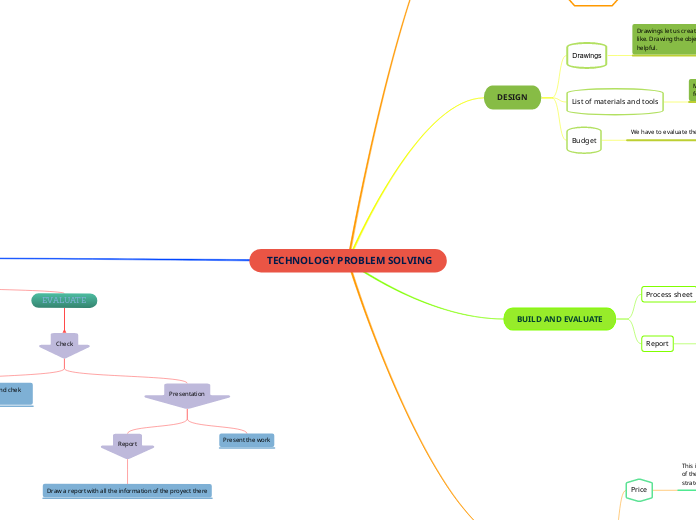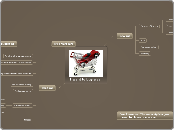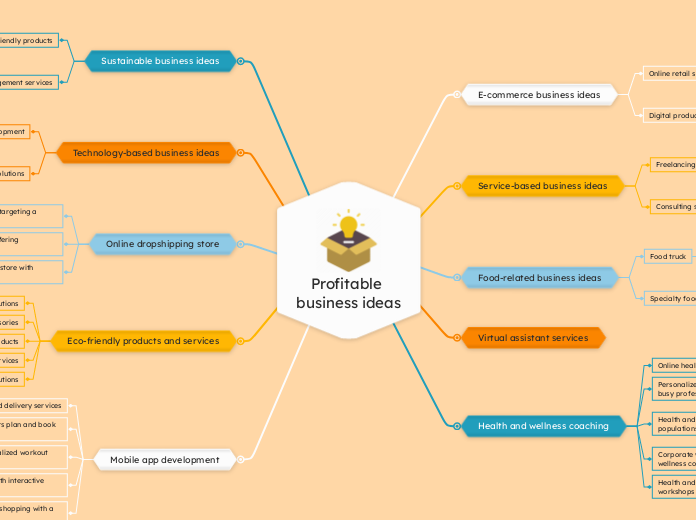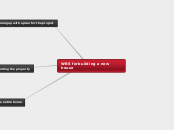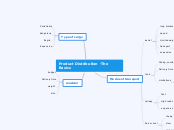TECHNOLOGY PROBLEM SOLVING
STAGES OF THE PROYECT APPROACH
EVALUATE
Check
Presentation
Present the work
Draw a report with all the information of the proyect there
Check if the product works and do what we want to and chek the appareance and if something need to improve.
BUILD
Building
Build, finish the parts and assemble the object by using the materials and objects mentioned before.
Design
Planning
Choos materials, tools and techniques and split the work in small tasks.
Can make drawings diagrams or plans for the solution
Problem
Investigation
Subtopic
Possible Solutions
Chosen solution
Choose the best solution and take in account the priorities
We search for different options
Study, and select the information to resolve the problem.
Detect the problem and analyse where and what it is so the process its easier.
SALES CYCLE
Distribution
Franchises: sold through a network of stores owned by a private individual that save on costs because it doesn't need a network to distribute the product.
Online sale:Product distributed through apps or websites
Retail sale:supplied directly to the end-user
Wholesale. suplied of large consumers
Promotion
Usually show in advertising campaings On television or news papers. This is done to
Price
This is a crucial element. Price usually is related with the cost of the product, but can also be impose because of a marketing strategy.
BUILD AND EVALUATE
Report
Description of the prototype built, list of modifications and finak drawing of the solution. Also final cost of the project and hours spent on it.
Process sheet
Record our progress of stages of our work
DESIGN
Budget
We have to evaluate the financial cost the product will take.
List of materials and tools
Make an accurate list of all the materials and tools we'll need for the construction of the product.
Drawings
Drawings let us create a example of how can our object look like. Drawing the object through different perspectives can be helpful.
ANALYSE
Historical
Why this object is necessary and why it was invented
Aesthetic
How our senses react to the object, appearance; attractive or not.
Social
Study the social and enviromental impact and check which human needs cover
Economic
Analyse the financial cost for making the object and the selling price. And if it was cheap or expensive
Technical
How the object whas made? Study the materials it was made with
Functional
Study how the object works
Morphologycal
Analyse size, colour, physical charachteristics.
